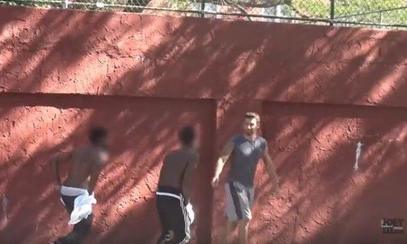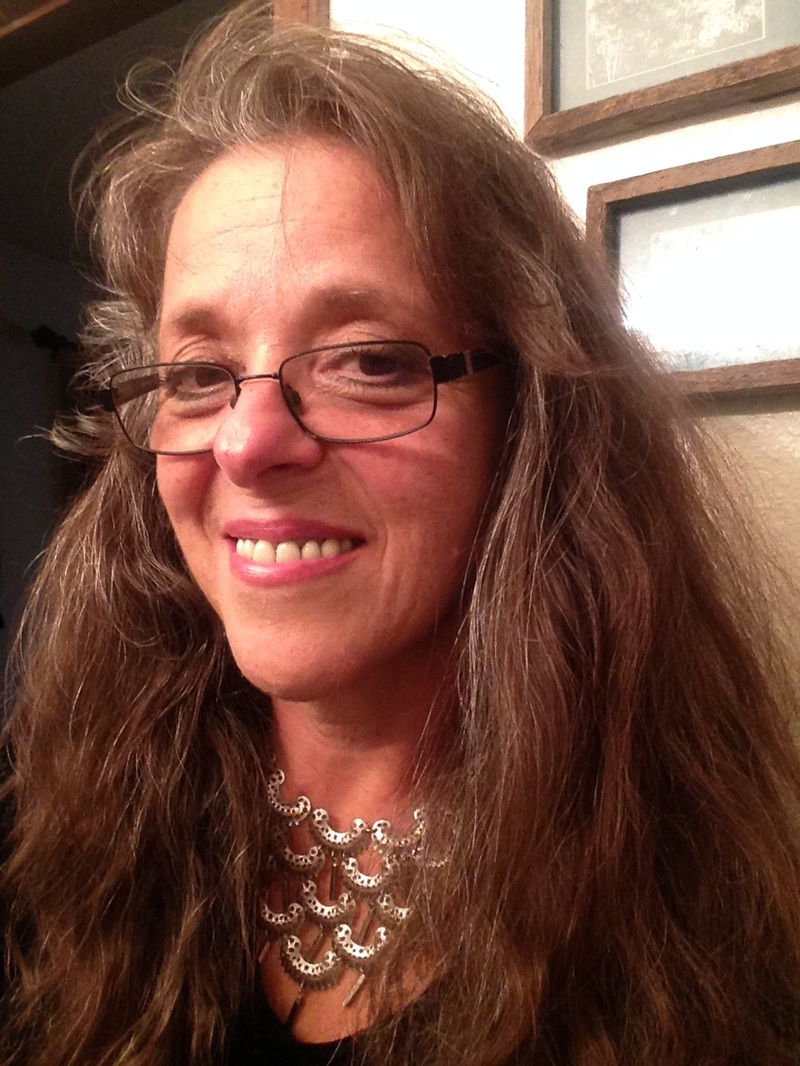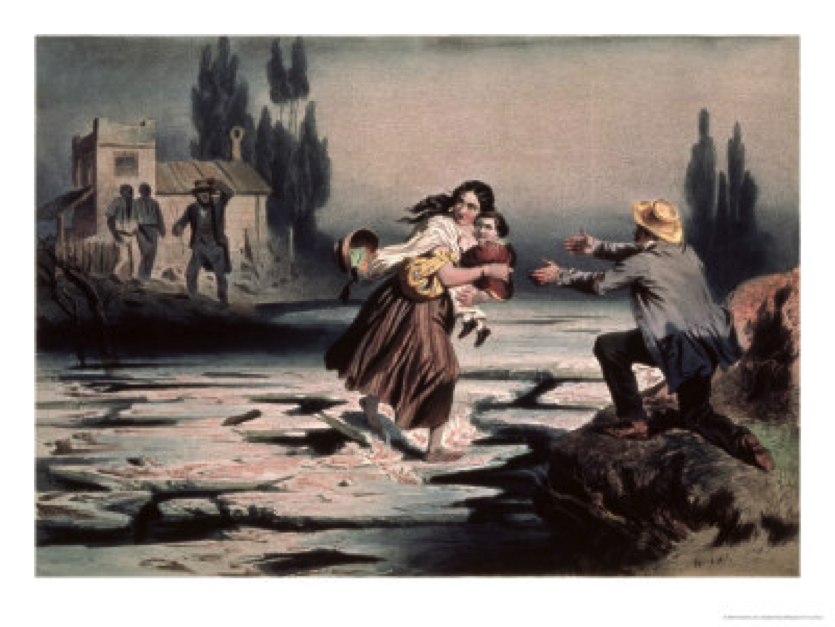|
There's a video going around Facebook of a White guy doing a "social experiment". My friend posted it. Have you seen it? In a White neighborhood the guy holds up a sign that says, "Black Lives Matter". In a Black neighborhood he holds up a sign that says, "All Lives Matter". Then he sees how people respond. In the White neighborhood, people minimally engage him. In the Black neighborhood, he gets physically threatened, chased and kicked. If you haven't seen it, check it out. www.youtube.com/watch?v=SL8f5iWrzN0 I couldn't stop thinking about this video. Numerous things cross my mind. One is that not many folks of any race may feel comfortable commenting on it, for a variety of reasons. We as a nation are not used to engaging in dialog about racism in a functional, respectful manner. We don't know how to do it. It's too uncomfortable. I'm reading a best-selling book called, Why Are All the Black Kids Sitting together in the Cafeteria? The author is Dr. Beverly Daniel Tatum, a Black female psychologist. In the book she explains the development of racial and ethnic identity. She has some insightful things to say about this issue. Dr. Tatum says: "I'm often asked by parents and educators about.....how to combat racism in daily life. White parents and teachers, in particular, often ask me questions about how to talk to children and other adults about racial issues. They struggle with embarrassment about the topic, the social awkwardness that can result if the "wrong" words are used, the discomfort that comes from breaking a social taboo, the painful possibility of being perceived as a racist. Parents of color, too have questions. They are sometimes unsure about how to talk to their own children about racism, torn between wanting to protect them from the pain of racial realities and wanting to prepare them effectively to cope with a potentially hostile world. " Let's read that last line again: "(Parents of color) are sometimes unsure about how to talk to their own children about racism, torn between wanting to protect them from the pain of racial realities and wanting to prepare them effectively to cope with a potentially hostile world. " Please let that sink in a moment. Dr. Tatum also says: "My audiences often tell me that what they appreciate about my articles and public presentations is that I make the idea of talking about race and racism less intimidating. I help them to see the importance of dialogue about the issue, and give them the confidence they need to break the silence about race at home, at work, among their friends, and with their children." Lastly, Dr. Tatum says: "Talking about racism is an essential part of facing racism and changing it. But it is not the only part. I am painfully aware that people of color have been talking about racism for a long time. Many people of color are tired of talking, frustrated that talk has not lead to enough constructive action or meaningful social change." In my opinion, we desperately need dialogue on these issues. So here's my take, all awkwardness aside and forget about being embarrassed about this topic anymore. It's time to hear each other. Although I think this video was an interesting social experiment, I think it has the potential of reinforcing the negative stereotype of, "See, white people just verbally express their disagreement while Black people get violent." This does not represent all Black people. I've had many great, sensitive and mutually respectful conversations about racism with Black people, and they didn't threaten me with physical harm. Dr. Tatum writes about how often her White students would ask, "There's still racism in this country?" She makes the point that that kind of answer becomes dismissive of very real, tangible racial inequalities. If you disagree with the organization of "Black Lives Matter", then what about just the concept of Black lives mattering? When White people, as in this video, disagree with or do not show support for Black Lives Matter, it can be dismissive of a very real problem in our country.....that problem being that for too long Black lives haven't mattered. Accept this. They haven't. When a Black parent has to STRUGGLE with wanting to "protect (their children) from the pain of racial realities and ...to prepare them effectively to cope with the potentially hostile world" .....that's a problem! I know those kinds of conversations happen every day across our country. Being part of an interracial couple, my husband and I have had those very conversations with our children about how they will be perceived by people outside of our home, by people of different racial backgrounds, by potential people to date, and how to react to police inquiries. Especially with our son! "the pain of racial realities......the potentially hostile world....." Those are realities that I'd say, in general, White people are clueless about. I was. For a long time. Or they don't want to face them. Or they don't think they have a part in perpetuating them, so they avoid the dialogue. THEY NEED TO ENGAGE IN THE DIALOGUE. The violence in the video by the Black men toward the White guy with the sign? While I can't support it, I can understand what lies behind it. I believe it goes back to what Dr. Tatum says has happened for too long: White people dismiss the problem and say that racism doesn't exist. Or that Black people have been discussing racism for a long time and are frustrated that change hasn't happened more quickly. When frustrations are dismissed, especially when those frustrations involve life and death encounters for yourself or people you love, the potential for volatile reactions increases. I would love to have seen a third video. What if the White guy went into the Black neighborhood and held up a "Black Lives Do Matter" sign. I would love to see what would have happened with that. That message just might build bridges.
3 Comments
Leave a Reply. |
Susan Parlato RevelsArchives
June 2024
Categories
All
links to other sites
www.abuacademy.com
|


































 RSS Feed
RSS Feed